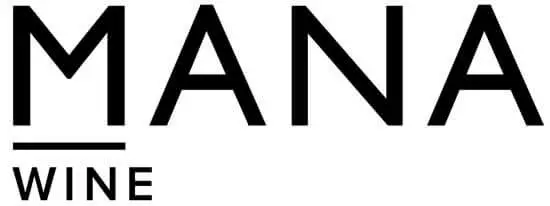By Alice Feiring originally posted on January 6, 2018
Insightful article on natural wine making and the importance of its’ birthplace, Georgia! Since 2011, the region has seen an increase in natural winemakers from 5 to 80. They’re also enjoying an 80 percent increase in all exports (natural and conventional) since 2013 – Mana Wine
Georgia – the country not the state – now has validation to their world’s oldest wine region claim.
Proof was discovered just 30 miles south of Tbilisi. Carbon dating excavated pottery jars containing wine traces linked to 5980BC left the previous oldest, Iran, in the dust by about 1000 years. But in a world where people race to be the biggest, the best, or the oldest, I thought Georgia already had something far superior. Tenacity.
When the news broke I was in Los Angeles at RAW, a natural wine fair. Coincidentally, I was with Georgians, Archil Guniava and his winemaking, college-aged daughter Nino. We were drinking his white wine made from the Krakuna grape. Most probably it was made the way that ancient wine had been: foot-stomped into a hollowed-out log, flowed into a buried kvevri – a large clay fermentation vessel. The wine stayed on its skins for eight months until bottled. Its taste was precise, a little scratchy and full of life.
The Guniava’s were ecstatic. Their country was number one. We toasted gaumarjos! I threw in a mazel tov, but I wasn’t shocked with the revelation. After all, the Georgians have been claiming 8000 vintages for quite a while. The real stunner for me is that throughout centuries of wars that killed winemakers, invaders that yanked out vines and the decades of Soviet five-year plans that destroyed wine’s quality, Georgian’s continued to make wine.
My first visit to the country was in 2011 for the First International Kvevri Conference. The host was the Alaverdi Monastery. My topic? Where did Georgia (and their like-minded producers) fit in to the global natural wine scene. Bigly, I was going to tell them. After all, there wasn’t enough of the good stuff in the world to go around. Drinkers were waiting.
But before I took to the pulpit, I listened to a scientist from Germany promoting enological products such as commercial yeast instead of what is a tenet of natural winemaking – spontaneous fermentation.
Read full article here…

